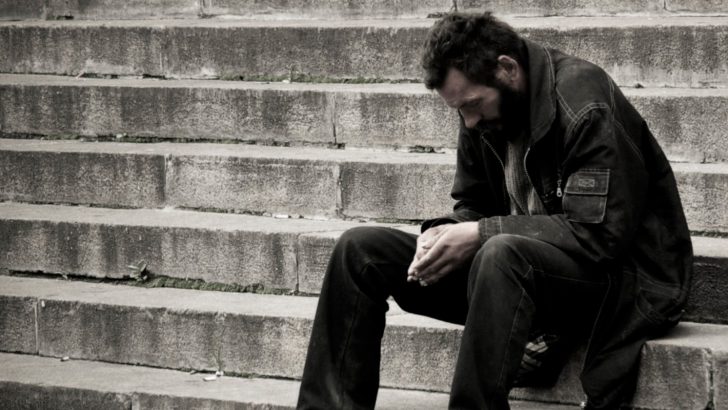For centuries, suicide was considered as an act of despair and despair itself was seen as the most grievous sin of all. In many religious circles, despair was seen as the most sinful of all acts and ultimately unforgiveable.
Sadly a strong residue of that remains, suicide is still seen by many as an act of despair, an affront to God and to life itself, an unforgiveable relinquishing of hope. Many church people still see suicide as an act of despair and as the unforgiveable sin against the Holy Spirit. Roman Catholics sometimes re-inforce this notion by their reading of the Catechism of the Catholic Church which defines the sin of despair as follows:
“DESPAIR is the most serious sin a person can commit! … Like presumption, despair is a sin against the First Commandment. It steers us away from hope, which is an infused virtue received at Baptism together with sanctifying grace and having the possession of God as its primary object. In Mark, 3:28-29, we read: “Truly, I say to you, all sins will be forgiven the sons of men, and whatever blasphemies they utter; but whoever blasphemes against the Holy Spirit never has forgiveness, but is guilty of an eternal sin.”
No hope
That may well be true, except suicide is not despair. Dictionaries define despair as the complete lack or absence of hope. But that’s not what happens in most suicides. What does happen?
The person who is taking his or her own life is not intending that act as an insult or affront to God or to life (for that would be an act of strength and suicide is generally the antithesis of that). What happens in most suicides is the polar opposite. The suicide is the result of a mammoth defeat.
There’s a powerful scene in the musical adaption of Victor Hugo’s, Les Miserables. A young woman, Fantine, lies dying. She tells of once being youthful and full of hopeful dreams; but now worn-down by a lifetime of poverty, crushed by a broken heart and overcome by physical illness, she is defeated and has to submit to the tearful fact that “there are storms we cannot weather”.
She’s right, and anyone who does not accept that truth will one day come to a painful and bitter understanding of it. There are things in this life that will crush us and surrender isn’t an act of despair and indeed isn’t a free act at all. It’s a humbling, sad defeat.
And that’s the case with most people who die from suicide. For reasons ranging from mental illness to an infinite variety of overpowering storms that can break a person, there’s sometimes a point in people’s lives where they are overpowered, defeated, and unable to continue to will their own living – parallel to one who dies as a victim of a drought, hurricane, cancer, heart disease, diabetes, or Alzheimer’s. There’s no sin in being overpowered by a deadly storms. We can be overpowered, and some people are, but that’s not despair (which can only be willful and an act of strength).
To begin with, we don’t understand mental illness, which can be just as real and just as death-producing as any physical illness. We don’t blame someone for dying from cancer, a stroke or a physical accident, but we invariably cast moral shadows on someone who dies as a result of various mental illnesses which play a deadly role in many suicides. Happily God is still in charge and our flawed understanding, while generally permanently tainting the way someone is remembered in this world, doesn’t effect salvation on the other side.
Beyond mental illness we can be defeated in life by many other things.
Tragedy, heartbreaking loss, unrequited obsession, and crippling shame can at times break a heart, crush a will, kill a spirit, and bring death to a body. And our judgment on this should reflect our understanding of God: What all-loving, merciful God would condemn someone because he or she, like Victor Hugo’s, Fantine, could not weather the storm? Does God side with our own narrow notions where salvation is mostly reserved for the strong? Not if Jesus is to be believed.
Answer
Notice when Jesus points out sin he doesn’t point to where we are weak and defeated; rather he points to where we are strong, arrogant, indifferent and judgmental. Search the Gospels and ask this question: on whom is Jesus hardest? The answer is clear: Jesus is hardest on those who are strong, judgmental and have no feeling for those who are enduring the storm.
Notice what he says about the rich man who ignores the poor man at his doorstep, what he says about the priest and scribe who ignore the man beaten in a ditch, and how critical he is of the scribes and Pharisees who are quick to define who falls under God’s judgment and who doesn’t.
Only a faulty understanding of God can underwrite the unfortunate notion that being crushed in life constitutes despair.


 Fr Ronald Rolheiser
Fr Ronald Rolheiser
